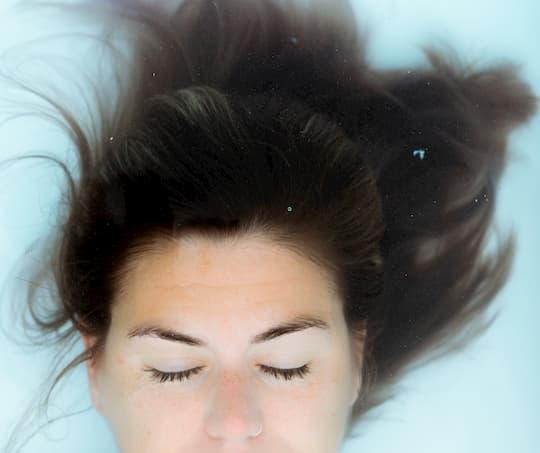Two risk factors for getting COVID that you can control.
Getting sufficient sleep and avoiding workplace burnout can significantly decrease the risk of getting COVID.
New research has found that both sleep problems and job burnout are linked to a higher risk of catching COVID.
People feeling burnt out and experiencing poor sleep are also more likely to get severe COVID and for the disease to last longer.
The conclusions come from a study of almost 3,000 frontline healthcare workers in the US, France, Germany, Italy, Spain and the UK.
The study’s authors write:
“We found that lack of sleep at night, severe sleep problems and high level of burnout may be risk factors for COVID-19 in frontline [healthcare workers].
Our results highlight the importance of healthcare professionals’ well-being during the pandemic.”
For each extra hour that people spend in bed, their odds of being infected with COVID were reduced 12 percent.
People in the study were asked if they had typical sleep problems, such as difficulties falling asleep, staying asleep or needing sleeping pills.
People with three or more sleep problems were at a 88 percent higher risk of developing COVID.
Burnout
Similarly, feeling burnt out on a daily basis more than doubled the odds that someone would develop COVID.
The three signs of burnout are:
- Feelings of energy depletion or exhaustion,
- increased mental distance from one’s job, or feelings of negativism or cynicism related to one’s job,
- and reduced professional efficacy.
Burnout tripled the odds that those that caught COVID would experience severe symptoms.
Although the study did not probe the reason for the link between poor sleep, burnout and COVID, the authors write:
“The mechanism underlying these associations remains unclear, but it has been hypothesized that lack of sleep and sleep disorders may adversely influence the immune system by increasing proinflammatory cytokines and histamines.”
Dr Minha Rajput-Ray, commenting on the study, said:
“Disruptions to the sleep-wake cycle can affect metabolic, immune and even psychological health.
And sleep deprivation can make calorie dense foods, higher in fat, sugar and salt, more appealing, particularly during times of stress and/or difficult shift patterns, all of which takes a toll on overall health and wellbeing.”
→ Read on: the mental techniques that boost your immune system and how to boost your immune response to the COVID vaccine.
The study was published in BMJ Nutrition, Prevention & Health (Kim et al., 2021).

